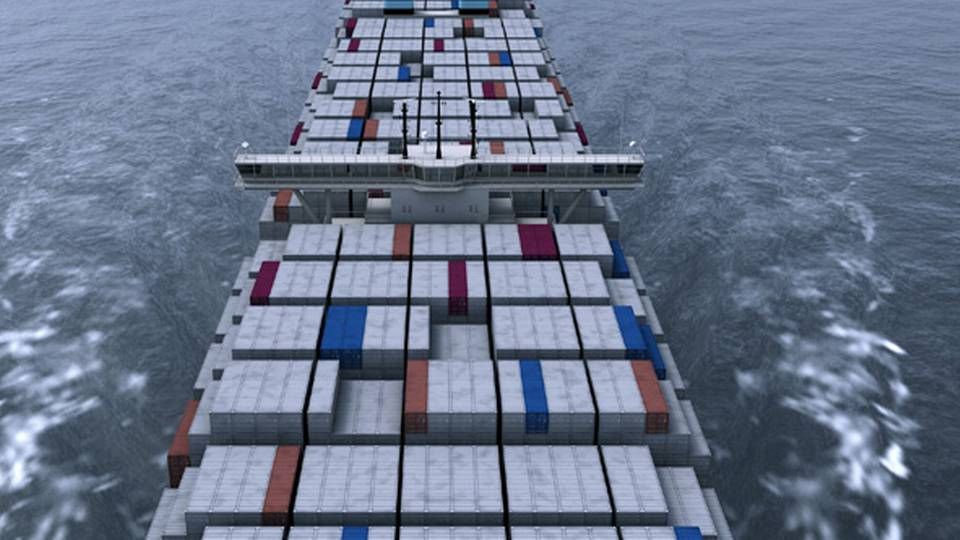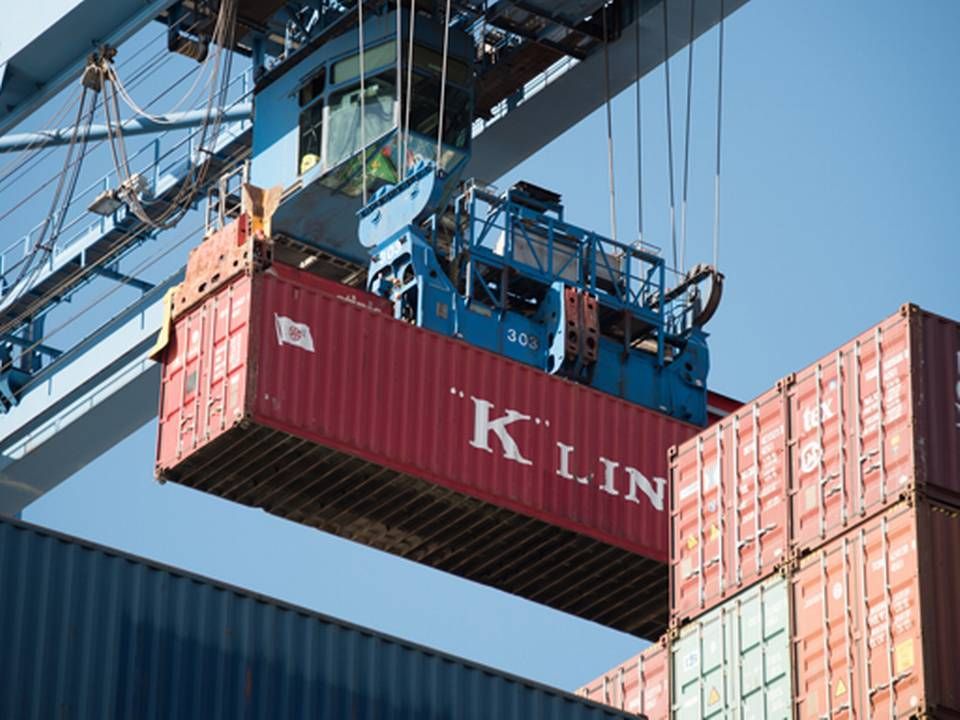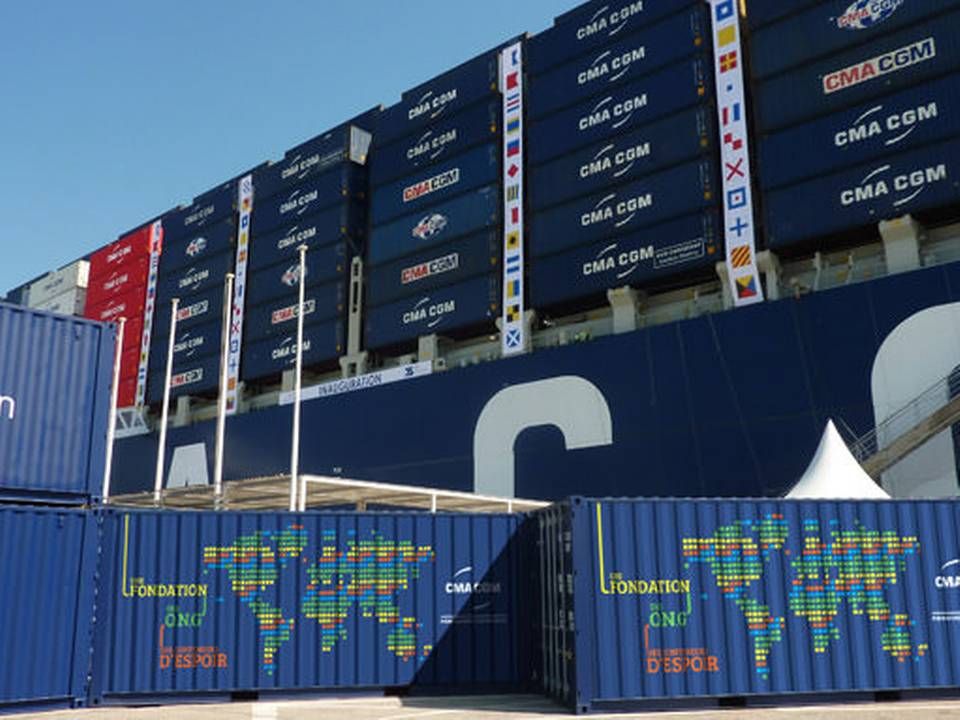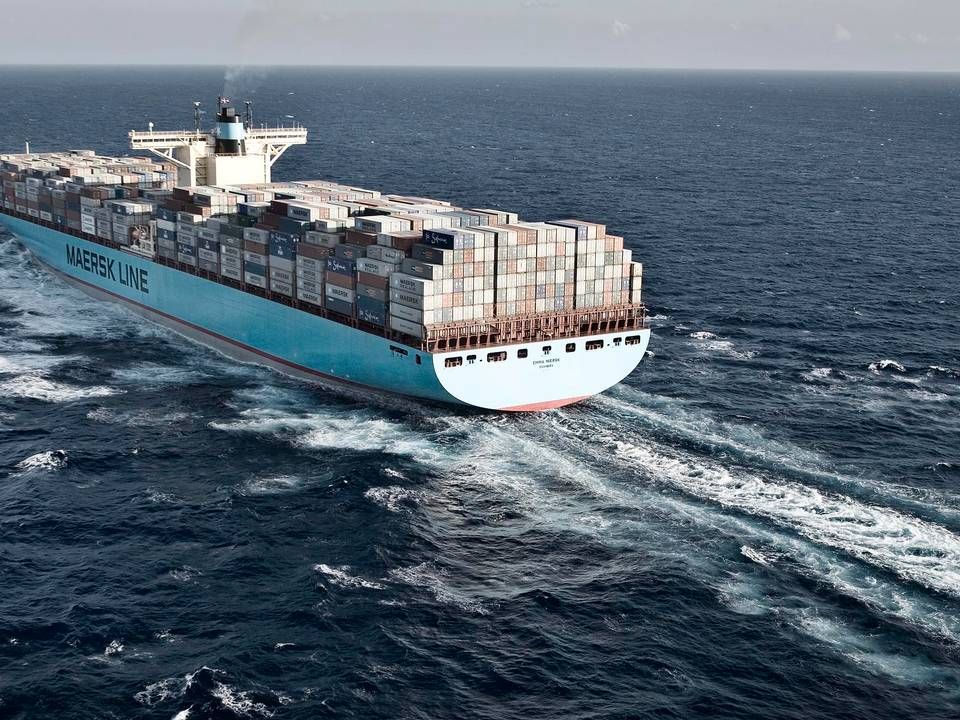US scrutinizes the power of container carriers

NEW YORK
US maritime law, which partly exempts container carriers around the world from general competition rules, is now facing criticism.
US lawmakers are looking more closely at whether the regulations give international container carriers too much power and are negatively impacting domestic carriers such as towage companies.
In a Wednesday hearing at 4pm CET, the US House of Representatives' Subcommittee on Coast Guard and Maritime Transportation will question key players about the consequences when container carriers are excluded from cartel rules and, for example, can discuss prices internally.
The legislature's review of the Shipping Act 1984 comes in the wake of concerns about the regulation of shipping cartels which flourished last year.
The concern is that container carriers are distorting competition by utilizing their collective bargaining power to fix high prices and move cargo towards the cheapest ports.
FBI in price cartel raid
The growing skepticism culminated in March, when the FBI raided carriers' biannual, private Box Club meeting and subpoenaed a number of top executives – including from Maersk Line – at the request of US competitions authorities.
According to Wall Street Journal, the authorities are investigating illegal price agreements, which are striking towage companies and other maritime service providers.
Concerns surrounding the law have long been voiced and intensified when the world's largest container carriers were allowed to enter into the three new and powerful container alliances on the market, which took effect April 1 2017.
In letters to the US Federal Maritime Commission last year, the head of the US competitions authorities criticized the new alliances:
"The creation of these two new alliances will result in a significant increase in concentration in the industry as the existing four major shipping alliances are replaced by only three. This increase in concentration and reduction in the number of shipping alliances will likely facilitate coordination in an industry that is already prone to collusion."
The last sentence refers to the fact that four of the companies slated to join The Alliance "have been indicted or pled guilty in connection with a worldwide conspiracy involving price fixing, bid-rigging, and market allocation among providers of roll-on, roll-off shipping."
Illegal committee discussions
In January, after a number of RoRo vessels requested further permission to enter into joint ventures and price talks, the law once again gave rise to heated debate in the House of Representatives.
"Certainly, allowing foreign carriers to use their collective power to negotiate against individual U.S.-flag tug boat owners and operators does not create a level playing field for the tug vessels. It’s not a fair practice," said commissioner William P. Doyle from the US Federal Maritime Commission in a statement to the hearing in January.
"There is no one in the industry who thinks these people aren't getting in a room and colluding over pricing and who is going to control what harbors and what marine facilities," said Peter DeFazio, a Democrat from Oregon, at the hearing according to The Post and Courier.
Can legally discuss prices
The Shipping Act of 1984 implies that container carriers' agreements are not generally reviewed by competitions authorities under the cartel legislation. Meanwhile, container carriers must share all agreements and relevant communication with each other with the US Federal Maritime Commission, which approves or rejects the contracts.
The Commission's role is to avoid approving contracts which will "increase market power to an unreasonable degree," – meaning to increase prices or limit service offerings. Container liners may not agree on price fixing, but they are allowed to discuss prices and set up voluntary price guidelines and make confidential cooperation agreements.
Lawmakers have given container carriers permission to create alliances in order to share ports and port slots, because it rarely pays off for a carrier alone to sail to all ports. The logic is that this ensures efficient and reliable ship transport.
Should the US opt to waive the special contractual rights, it could lead to fast consolidation in the industry, so that the larger players with more muscles can service all the ports.
ShippingWatch is reporting from the hearing, which can be live-streamed here.
English Edit: Lena Rutkowski
Japan's three major container carriers believe in 2017 gains
Related articles
Japan's three major container carriers believe in 2017 gains
For subscribers
China fines 14 carriers for illegal price practice
For subscribers
Maersk Line fined by Russia for alleged price fixing
For subscribers



















